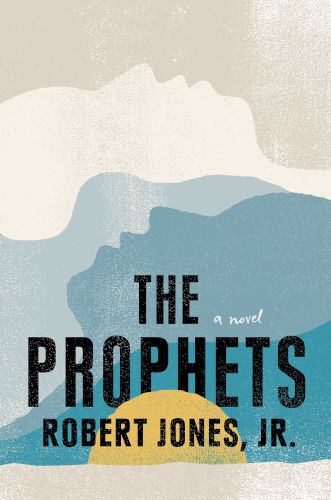


The greatest gift of this novel is its efforts to render emotional interior strength to enslaved people who are too often depicted either as vessels for sadistic violence or as noble, superhuman warriors for liberation. and focuses instead on how enslaved people reclaimed their rights to leisure and asserted ownership of their thoughts and feelings.Įven in the face of incredible oppression, this book reminds us, enslaved people loved fiercely, adorned themselves and dreamed freely. It dwells less on the physical violence of chattel slavery in the U.S. “The Prophets” seeks to repair these wrongs by presenting a queered vision of Black history. In addition to this erasure, homophobia seeks to write Black queer desire and lives out of history, to mark those whose expressions of gender and sexuality are outside what society deems “normal” as deviant and symptomatic of infection by white, Western ideals. With family lines broken and ancestors diminished to figures on plantation ledgers and Christian names on bills of sale, Black people grieve for forebearers whose recorded lives lack facts and emotional texture. Of the many forms of violence done to people of African descent in the diaspora, perhaps the most grave is the loss of meaningful connections to our past. With this epic novel, Jones, known for his blogging and Twitter presence as Son of Baldwin, marks his entry into the literary arena. In a gesture that acknowledges the historically fraught relationship between Black LGBTQ+ communities and the Christian church, the book’s chapter titles alternate between characters’ names and the books of the Bible. The book also conjures a mythical African kingdom ruled by a female king where same-sex desire is honored. Their relationship sets off a chain of events on the aptly named Empty plantation in Mississippi, including malicious interference by a jealous older man who claims to preach the gospel. At the center of “The Prophets” is a love story between two enslaved men, Samuel and Isaiah, who dare flout their owners’ intended use of them for breeding by choosing to love each other instead. ambitiously reimagines a past in the antebellum American South and pre-colonial Africa in which Black queer lives are foregrounded. In his debut novel, “The Prophets,” Robert Jones Jr.


 0 kommentar(er)
0 kommentar(er)
